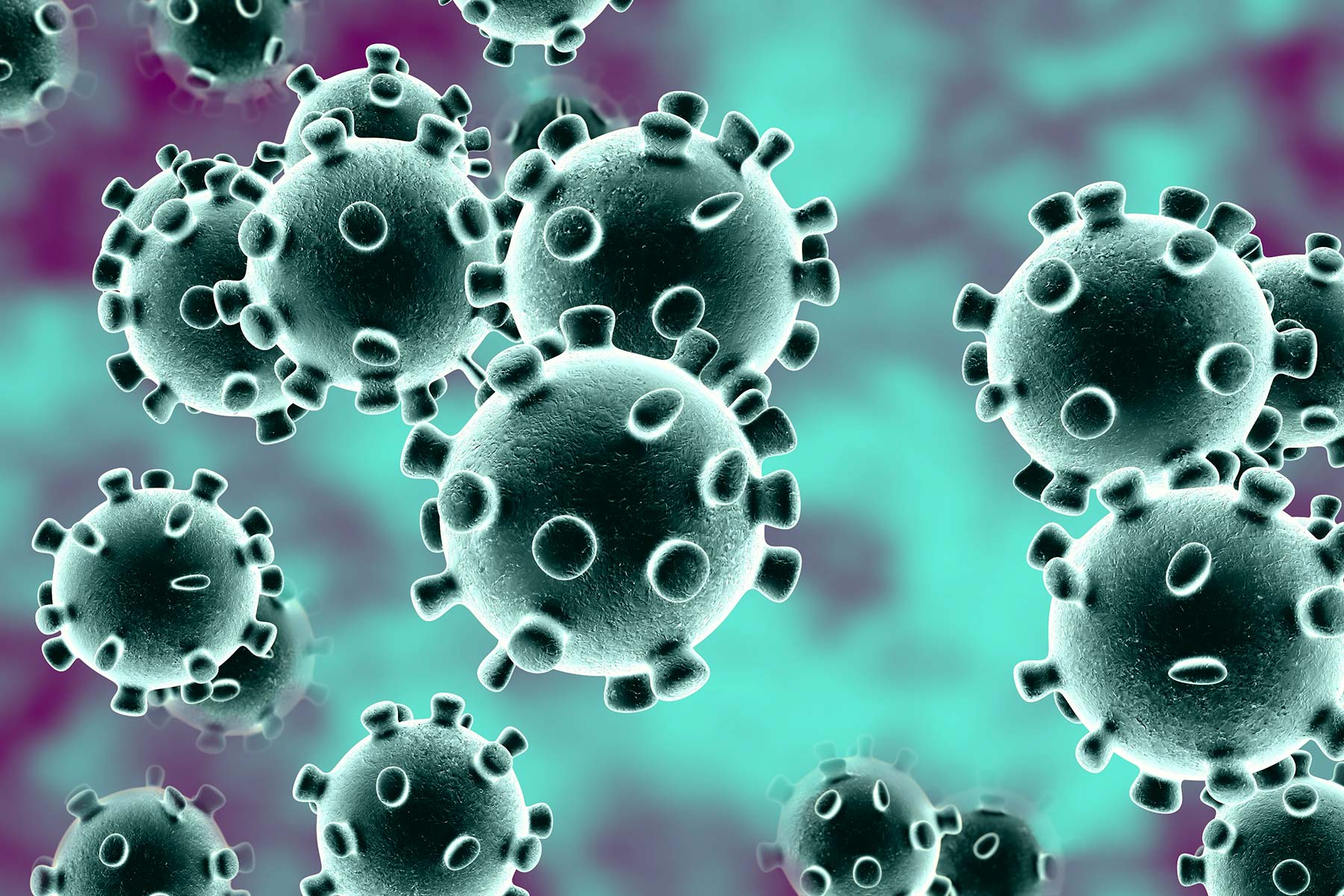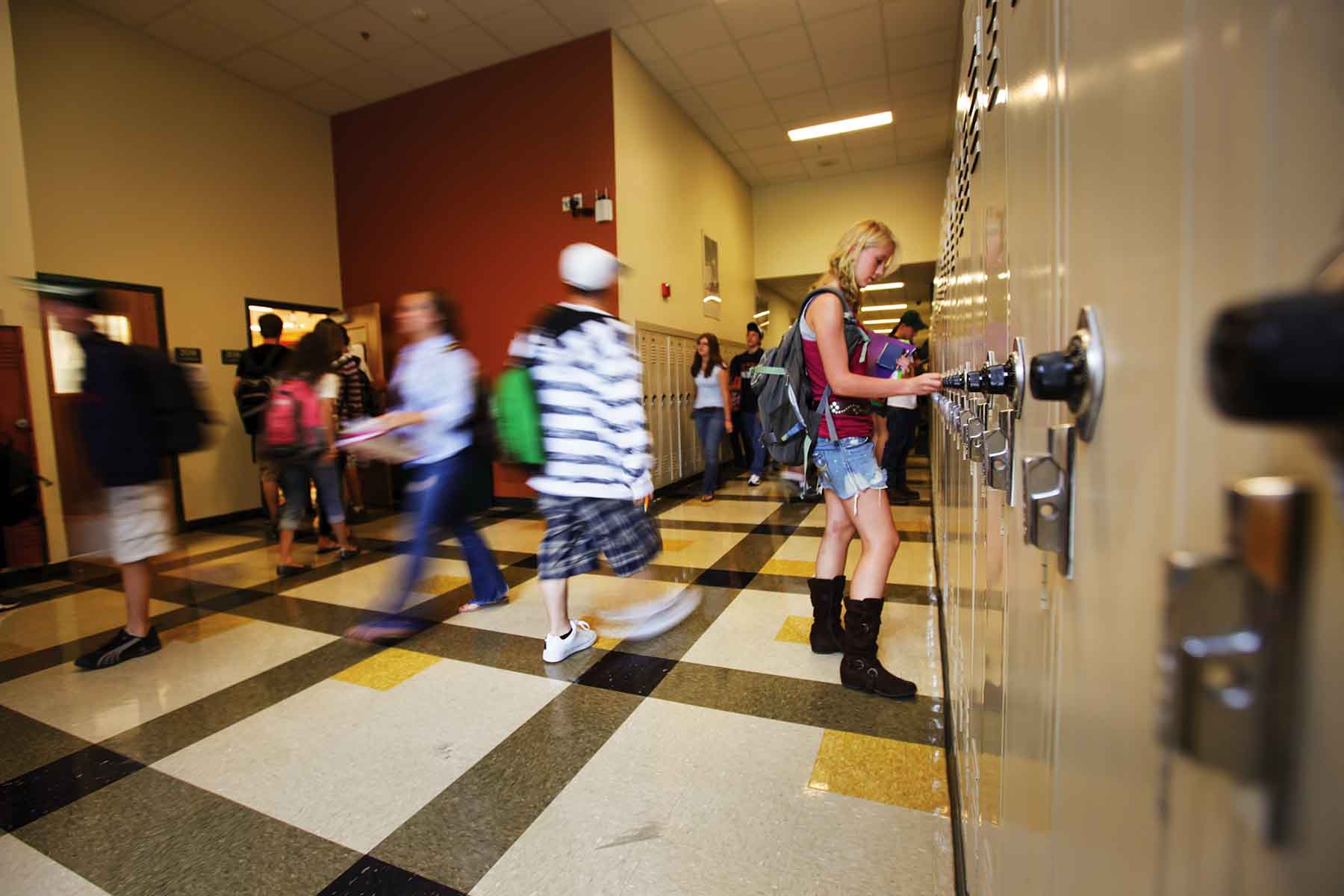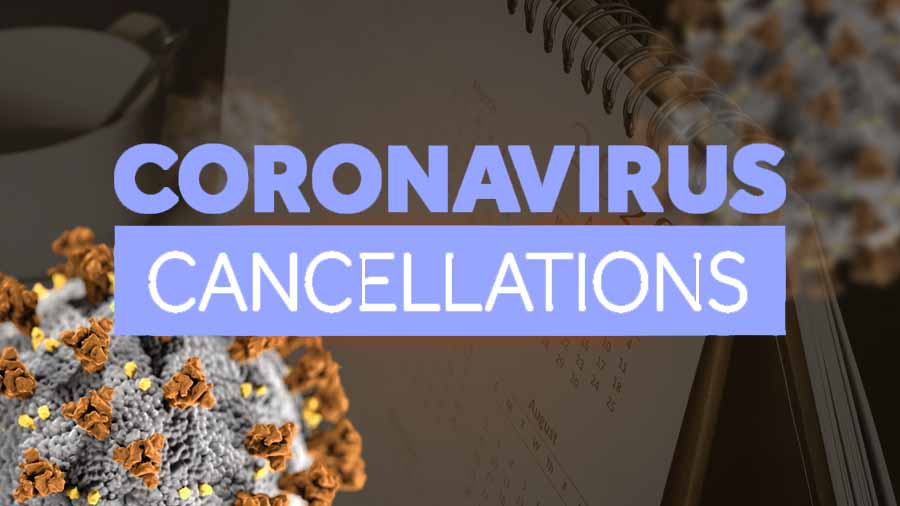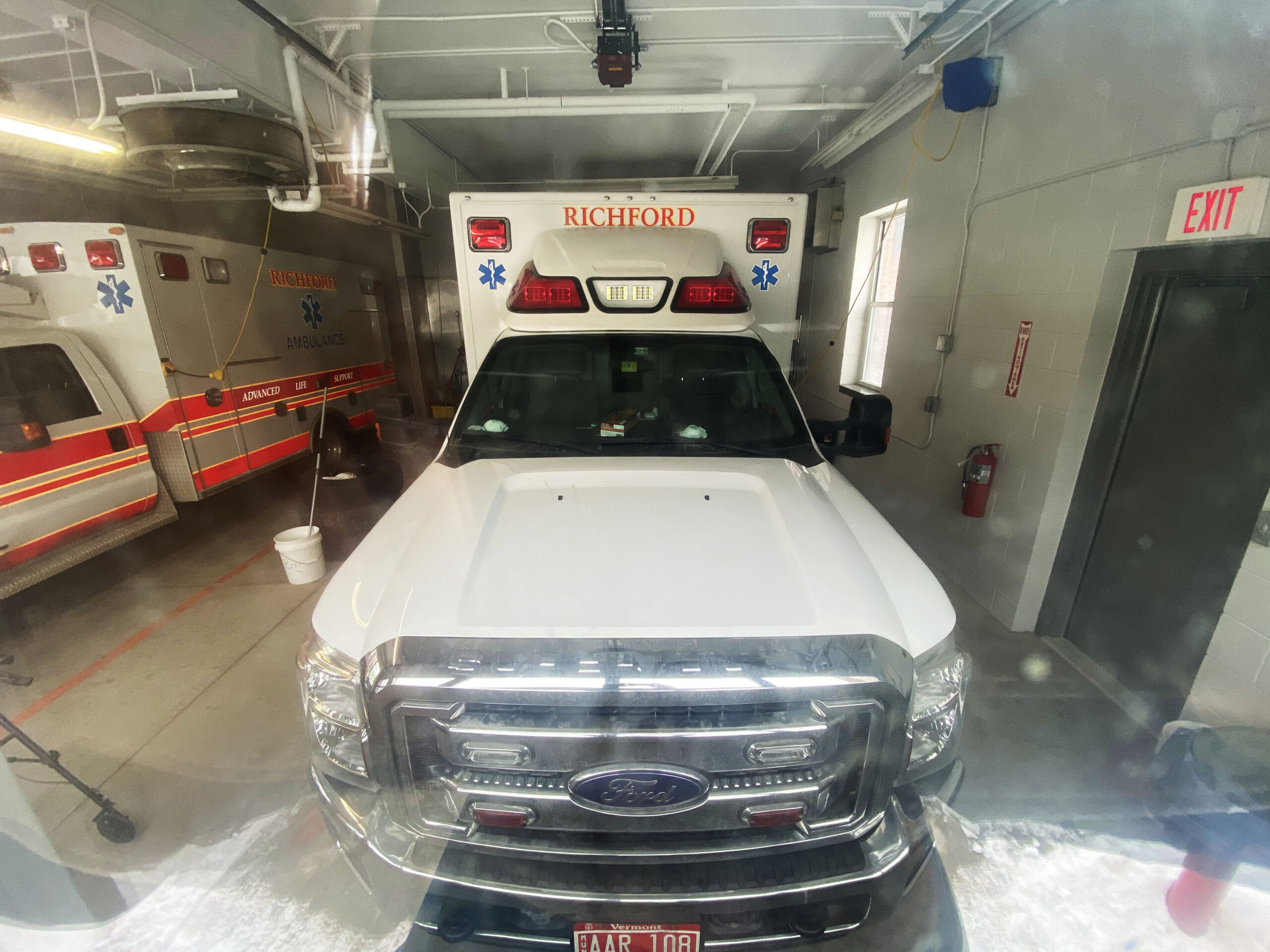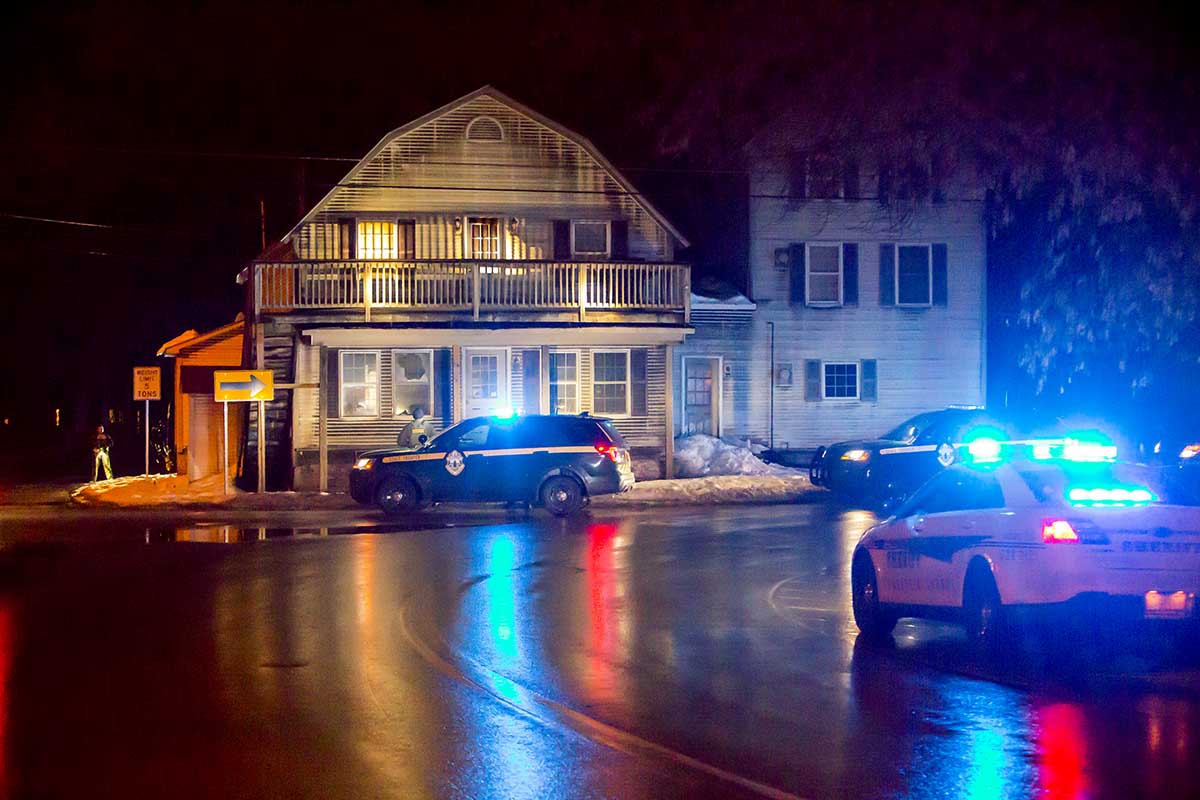COVID CASES LINKED TO VT INCREASES TO 8
BURLINGTON, VT – The Vermont Department of Health Laboratory reported another three cases of the new coronavirus COVID-19. All three of the latest cases involve non-Vermont residents. To date, the lab has reported four positive cases among Vermonters, and four cases among non-Vermonters.
These Vermont lab results are now considered confirmed. The Centers for Disease Control and Prevention on Saturday informed states that they no longer need to refer to positive results as “presumptive positive,” and to consider such results as confirmed.
A male resident of Berkshire County, Massachusetts in his 70’s is receiving treatment at Southwestern Vermont Medical Center. A male in his 50’s from Suffolk County, Massachusetts is self-isolating at his Windsor County, Vermont home. The third case is a female resident of Kings County, New York in her 20’s. She is self-isolating at her family home in Chittenden County.
Vermont health officials have informed the public health agencies in Massachusetts and New York. The Health Department’s contact tracing team has been working to investigate the patients’ travel history and related community activities, and to identify anyone in Vermont who may have been in close contact with the patients. They will be assessed for their exposure risk and provided with guidance for their health and recommendations for self-isolation or other restrictions.
Please go to healthvermont.gov/covid19 for the most up-to-date information and guidance about COVID-19, including from the CDC.
Who to call for help or information:
- If you have questions about COVID-19: Dial 2-1-1
- If you are returning from most of Europe, China, Iran or South Korea:
Call Health Department Epidemiology at 802-863-7240. - If you are sick or concerned about your health: Contact your health care provider by phone. Do not go to the hospital, except in a life-threatening situation. Do not call the Health Department.
Person-to-person spread of the virus occurs mainly via respiratory droplets produced when an infected person coughs or sneezes.
Take these everyday preventive actions to help stop the spread of germs:
- Wash your hands often with soap and water for at least 20 seconds. If soap and water are not available, use an alcohol-based hand sanitizer.
- Avoid touching your eyes, nose, and mouth with unwashed hands.
- Avoid close contact with people who are sick.
- Stay home when you are sick.
- Cover your cough or sneeze with your arm or a tissue, then throw the tissue in the trash.
- Clean and disinfect frequently touched objects and surfaces.


